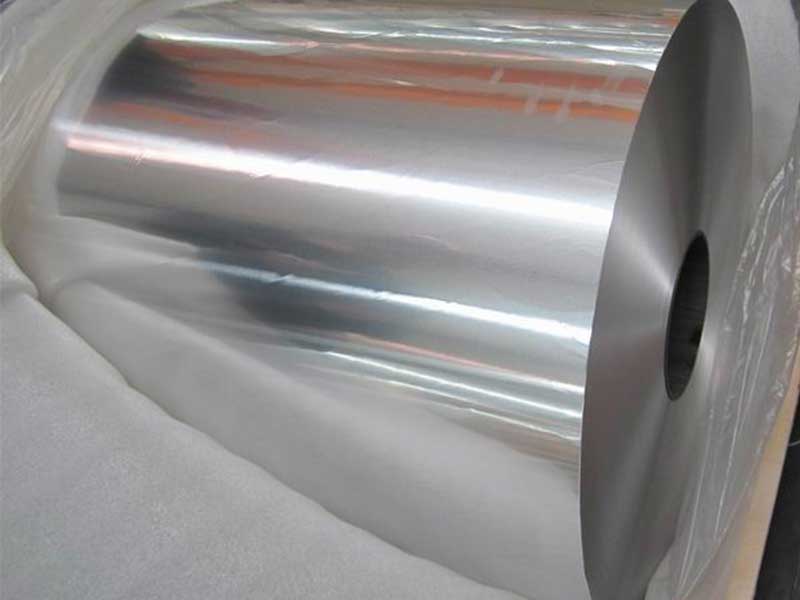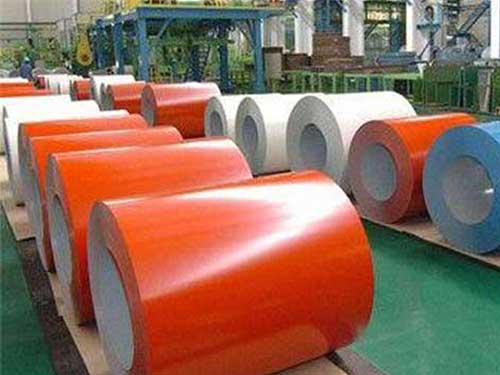2.0mm Aluminum Coil 1100 H14
Aluminum has long been celebrated for its lightweight nature, corrosion resistance, and ease of fabrication. In particular, the 2.0mm Aluminum Coil 1100 H14 variant is a striking example of how material selection can revolutionize applications across multiple industries. Whether in construction, automotive, or aerospace, the nuances of this specific aluminum gauge can optimize manufacturing processes and enhance product longevity.
Technical Details with Tangible Applications
Chemical Composition and Properties
At the heart of the 1100 H14 designation lies the aluminum series classification. The 1100 alloy comprises at least 99% aluminum, making it remarkably malleable. The H14 temper indicates it has been strain-hardened and partially annealed, giving it a yield strength of approximately 125 MPa. This specific hardness translates into ease of handling, allowing manufacturers to perform bending, forming, and further processing without compromising integrity.
Strategic Thickness in Design and Function
The choice of a 2.0mm thick coil is particularly intuitive for various applications. This thickness strikes a balance between strength and flexibility, allowing it to be employed without excessive weight penalties. While traditional materials may demand significant reinforcement, the aluminum coil maintains robust performance characteristics, offering designers the freedom to innovate.
Reflectivity and Its Applications
An often-overlooked property of aluminum is its high reflectivity, especially in the 1100 grade. This quality is invaluable in applications such as lighting fixtures and reflective insulation for residential and industrial buildings. When manufacturers utilize the 2.0mm aluminum coil, they enhance energy efficiency, as the reflective surfaces help minimize heat absorption.
Diverse Applications
Construction and Architecture
Within the construction industry, the 2.0mm Aluminum Coil 1100 H14 finds its place in roofing systems, cladding, and decorative facades. Architects appreciate aluminum's aesthetic adaptability, as it can be polished or painted to achieve a desired finish. The unique characteristics of this specific coil facilitate designs that demand both beauty and longevity, ultimately contributing to structurally sound yet visually appealing structures.
Automotive Innovations
In the automotive sector, weight is a significant concern. Every gram counts when optimizing fuel efficiency. The 1100 H14 aluminum's combination of lightweight and durable features makes it a sought-after material for components such as heat exchangers, body panels, and even interior trim. Using a 2.0mm thick coil allows car manufacturers to enhance vehicle performance without compromising safety standards.
Culinary Applications
Delving into the culinary realm, the food processing industry increasingly depends on aluminum for items such as cookware and packaging. The 1100 alloy is especially noted for its exceptionally good corrosion resistance, making it ideal for food products. In USA's globally competitive market, more manufacturers opt for the aluminum coil not only for economical packaging but also for its reusability and eco-friendliness.
Working with 2.0mm Aluminum Coil 1100 H14
Designers, engineers, and manufacturers must approach this material from a problem-solving mindset. Consideration of the 2.0mm thickness must align with application requirements—whether that's seeking a lightweight component for high efficiency in automotive design or ensuring strength and durability in construction works.
Working with 2.0mm 1100 H14 aluminum coil frequently highlights its balance of workability and strength. The 1100 alloy itself is known for its excellent formability and corrosion resistance, making it ideal for a variety of applications requiring deep drawing or bending. The H14 temper indicates a relatively soft state, offering good ductility for complex shapes. However, this softness necessitates careful handling during processing to avoid scratching or marring the surface, particularly during uncoiling and feeding into machinery. We often see issues related to coil set, requiring careful planning of the flattening process to prevent warping after fabrication. Maintaining consistent tension during processing is crucial to avoid inconsistencies in the final product's dimensions.
A unique insight regarding 2.0mm 1100 H14 coil is its susceptibility to surface imperfections during storage and handling. While its corrosion resistance is a significant advantage, exposure to harsh chemicals or prolonged contact with moisture can lead to pitting or staining. Optimizing storage conditions – a dry, climate-controlled environment – is therefore vital to maintaining the material's quality. We've found that implementing strict cleanliness protocols in the production line, including regular cleaning of tooling and equipment, significantly minimizes the risk of surface defects that can lead to rejection rates. Careful consideration of these factors allows us to maximize the yield and consistently deliver high-quality finished products.
https://www.alusheets.com/a/20mm-aluminum-coil-1100-h14.html


